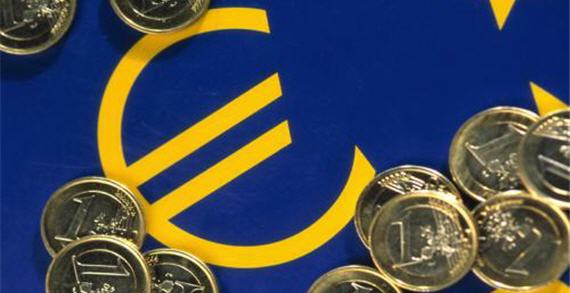The core idea of the European Union’s (EU) foreign policy is that lasting peace and stability can only exist where governments guarantee their citizens security, prosperity, freedom, and equality.
Where governments do not provide their citizens with these core public goods, tensions will arise, instability and repression will follow, and citizens will eventually revolt and regimes implode, violently or peacefully, as most recently demonstrated by the Arab Spring but also, for example, by the fall of the Soviet Union. Therefore the best way to guarantee the peace and stability of the EU is to stimulate governments outside the EU to similarly provide for their citizens.
But what of the EU itself?
Since WWII a distinctive European model of society has emerged: a combination of democracy, the market economy, and government intervention to ensure the fair functioning of the market and to provide those public goods which the market does not generate. When this “social contract” is seen to be respected, it generates a sense of purpose and feeling of community. When it is perceived to be threatened, however, it leads to disenchantment with the EU, as the Euro-crisis forcibly demonstrates.
Debates and negotiations about the Euro-crisis between Member states and the EU institutions are of course highly political, but only insofar as burden-sharing between Member states is concerned: who has to pay for whom? The real substance of the debate, i.e. how to save the Euro, which measures to take, is presented as a technical, even technocratic issue, devoid of political or ideological choices. The medicine is known; it is just a matter of convincing the unwilling patient to swallow it. Certainly the purpose cannot be doubted: the Euro must be saved.
But is that really true? Of course the Euro must be saved – but not as an end in itself. The Euro also is a political project and a symbol of European integration, but first of all it is but a means – a means to enhance the security, prosperity, freedom and equality of European citizens. When they are under threat, by massive youth unemployment for example, the answer cannot be to take away unemployment benefits from the young while simultaneously cutting the salaries of the parents who have to take charge of them. Austerity measures should read cutting abuse of the social system without cutting the system as such, as well as investing in growth, shoring up families’ buying power, and increasing revenue by addressing those who until now contributed too little. Austerity cannot just be about the size of the budget – the key is how the budget is spent.
If however under the banner of austerity the Euro is saved in such a manner that the prosperity and equality of European citizens are destroyed, the end result will be counterproductive for the European project as such. The internal social contract will be broken and citizens will no longer feel committed to the Union and the governments that did not respect it. Great internal instability, possibly for years to come, will be the result. Saving the Euro the wrong way is as bad for the Union as not saving it at all.
It is equally bad for the position of the EU as an international actor. The strategic narrative of EU foreign policy cannot be maintained once the internal social contract, on the promotion of which it is based, is broken, for it will then no longer be credible, neither inside nor outside the EU. The EU will have lost its “soft power”. For sure, being a model for others to emulate is not sufficient, for too many, swayed by nationalism, radicalism, fundamentalism or just cynicism, simply no longer see Europe as a model. Attractiveness alone does not generate “soft power” – the EU must be seen to act upon its strategy. But for a proactive strategy to be possible, preserving and even deepening the social model within the Union does constitute an indispensable prerequisite.
If the EU does not manage to maintain its distinctive social model, its foreign policy will soon loose its distinctiveness as well, and Europe will become one international actor among others, and a weak one at that. Europe will simply no longer be Europe.
Prof. Dr. Sven Biscop is director of the Europe in the World Programme at Egmont – Royal Institute for International Relations in Brussels, and member of the Atlantic Council’s Strategic Advisors Group.
Image: euros_1.jpg
